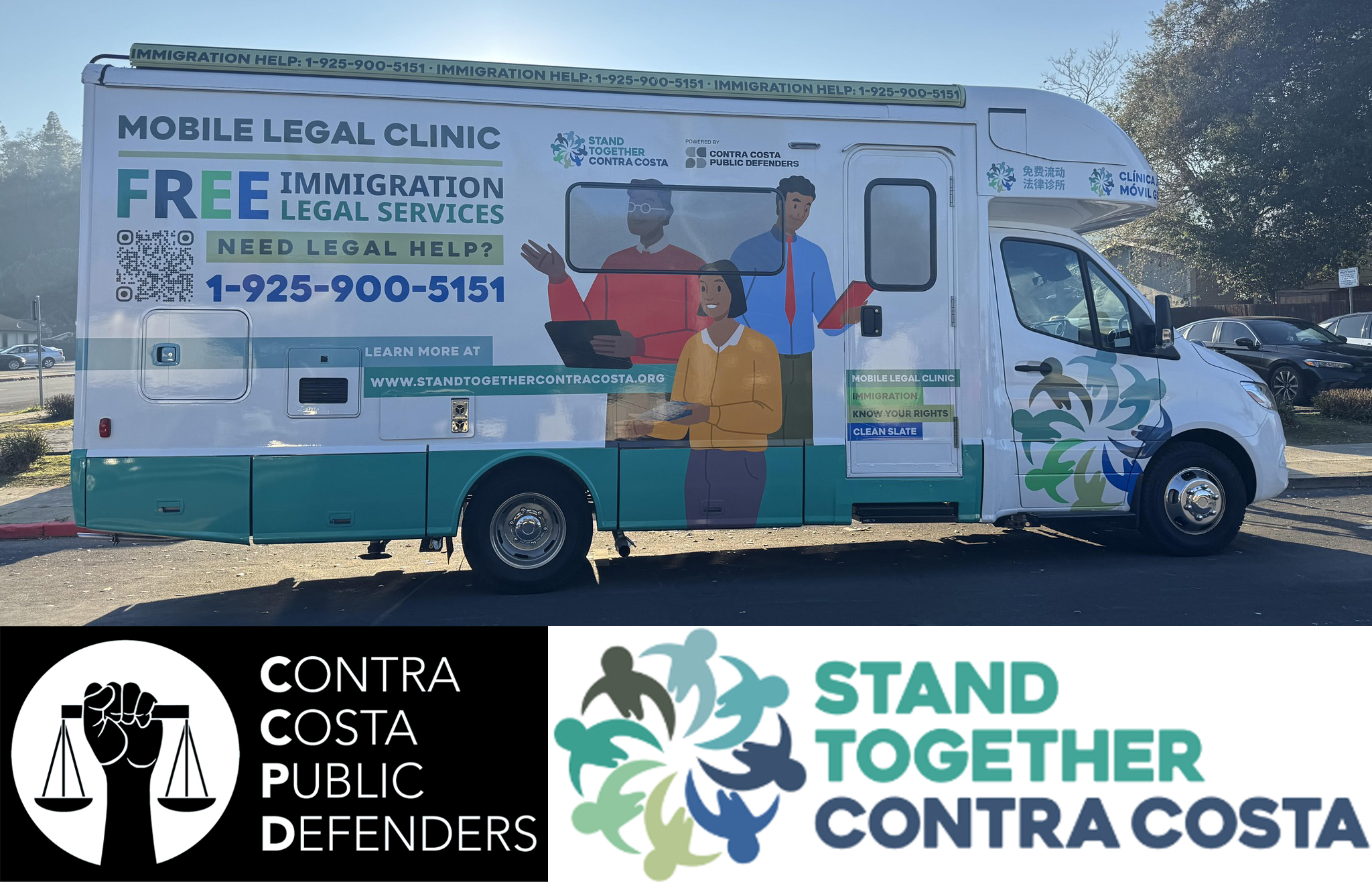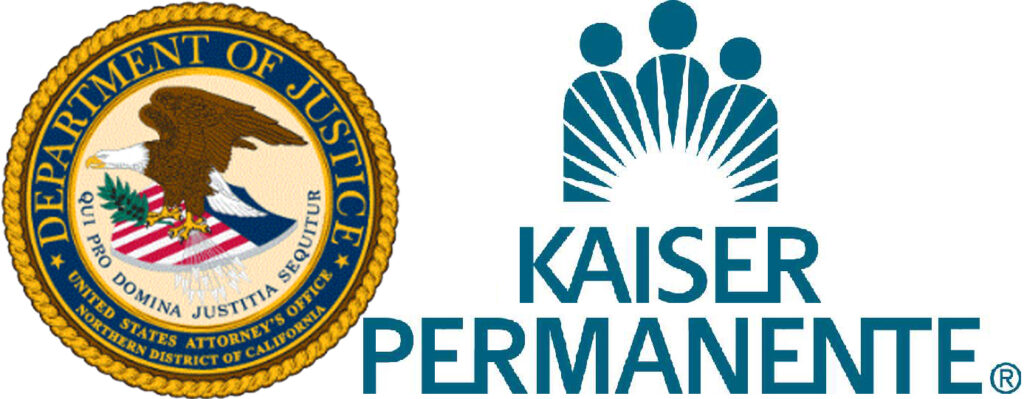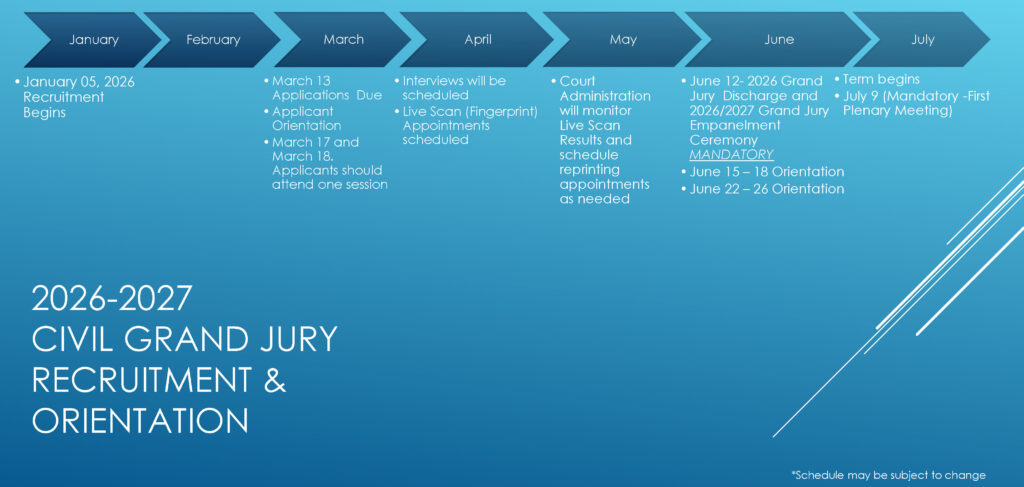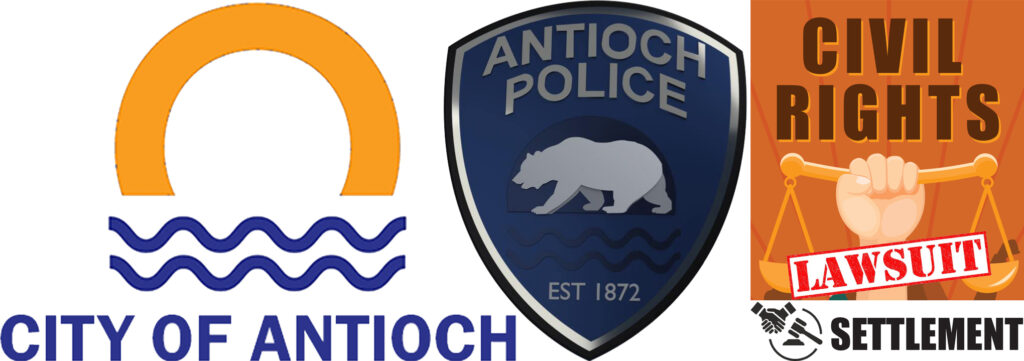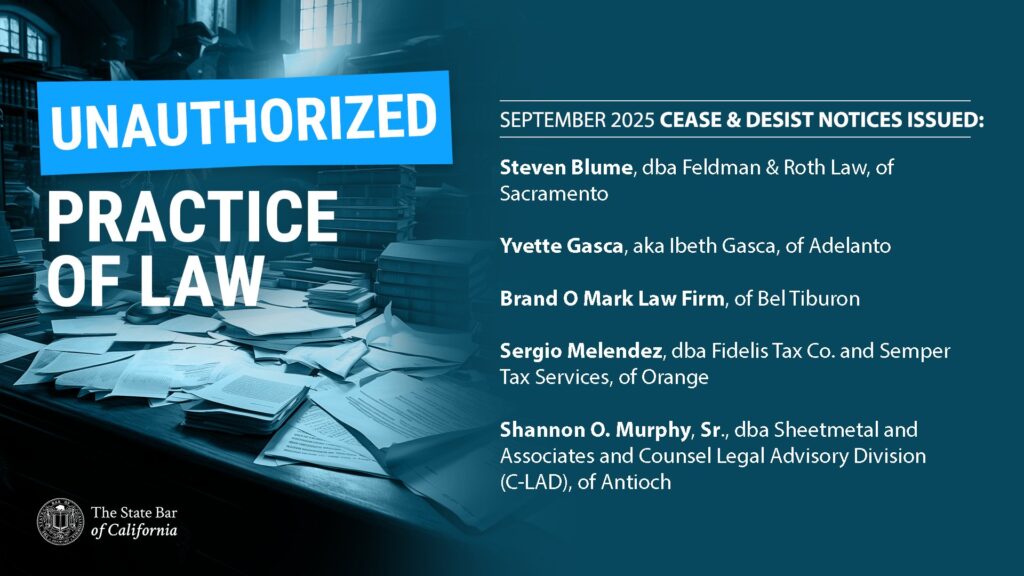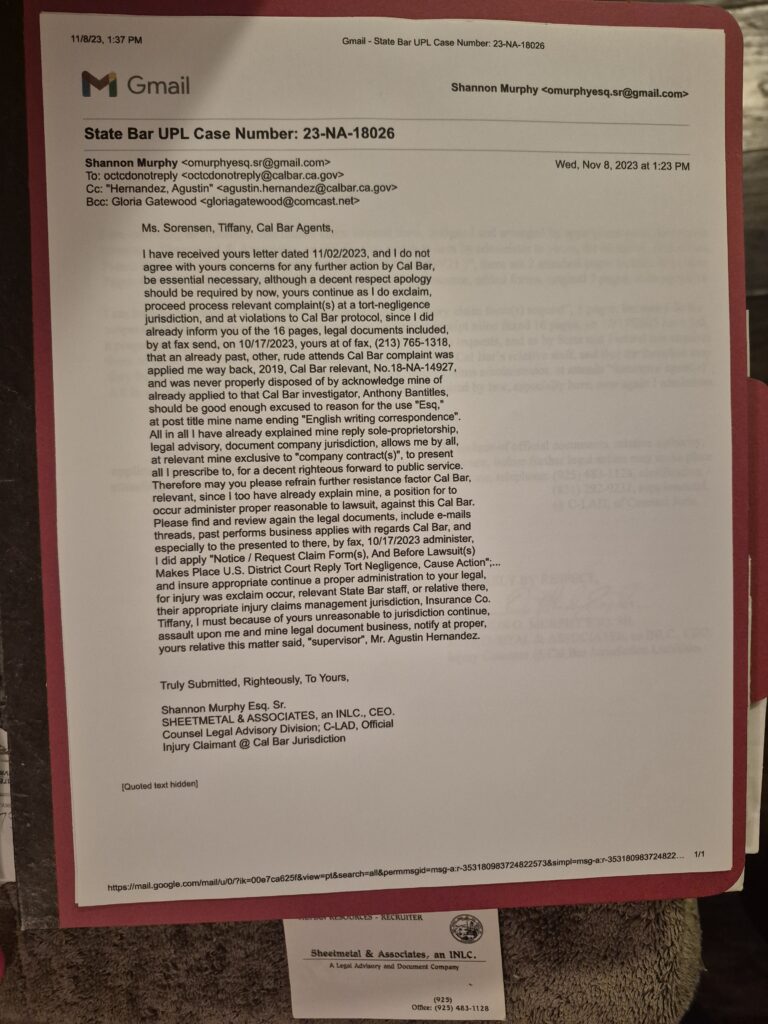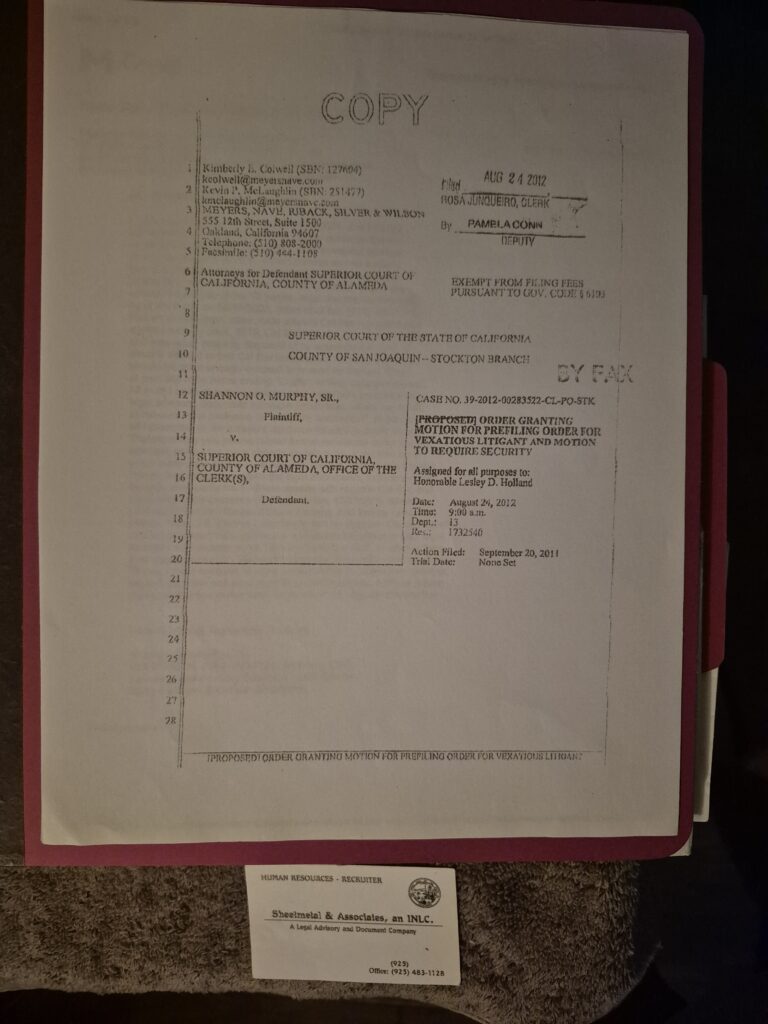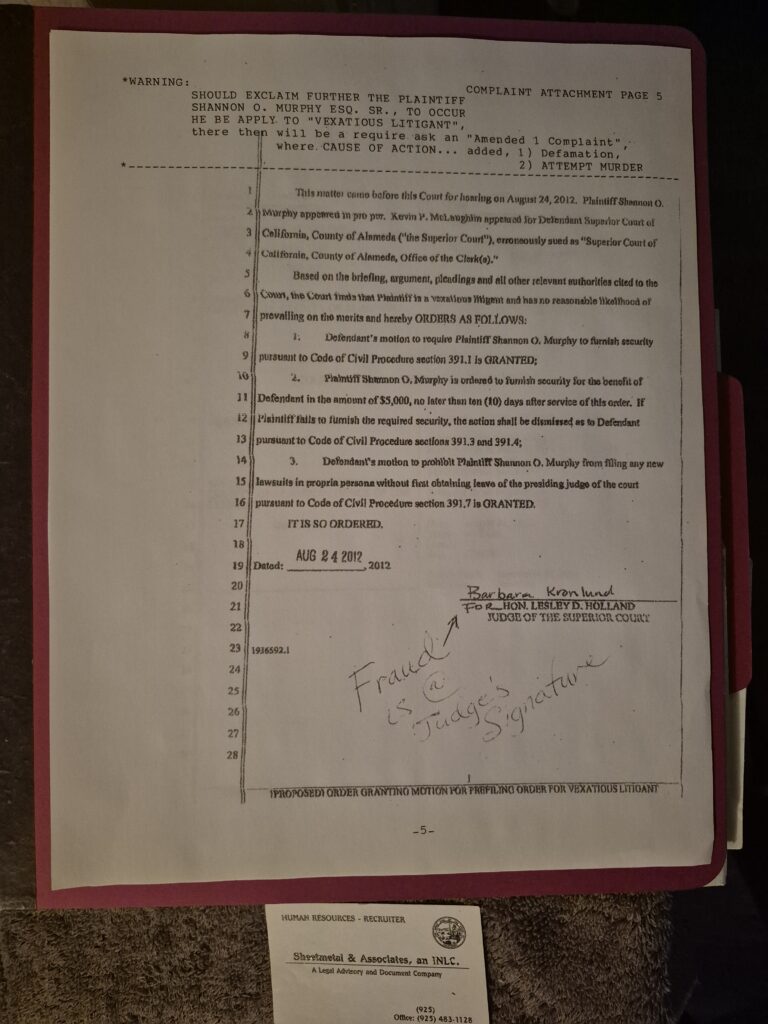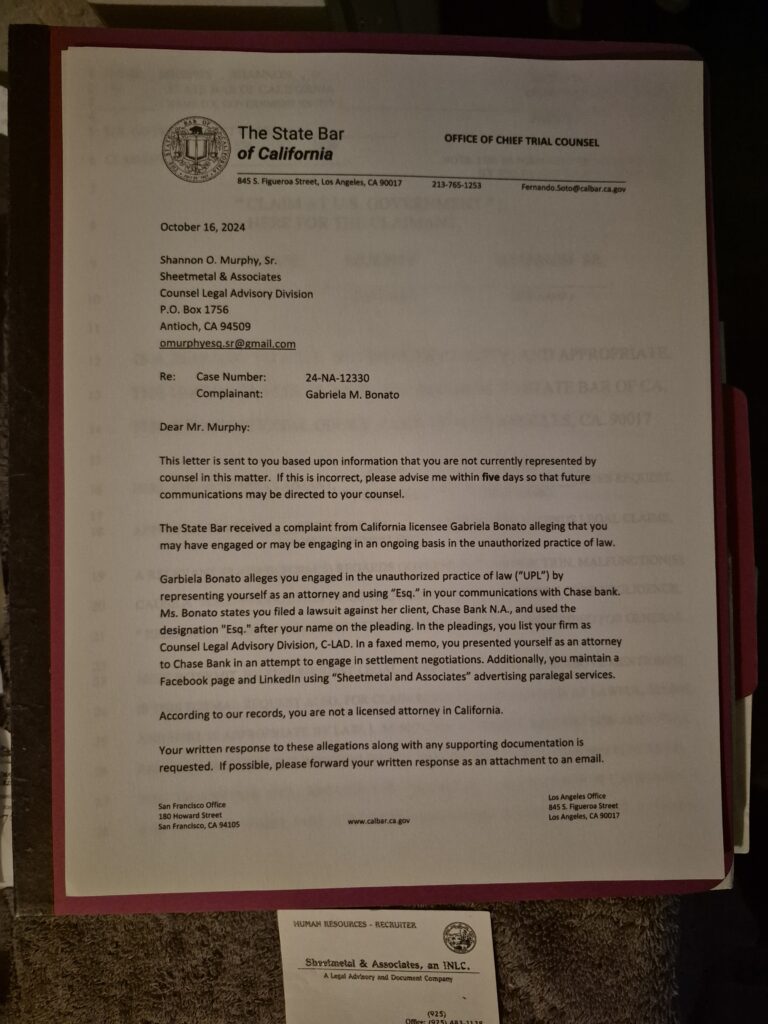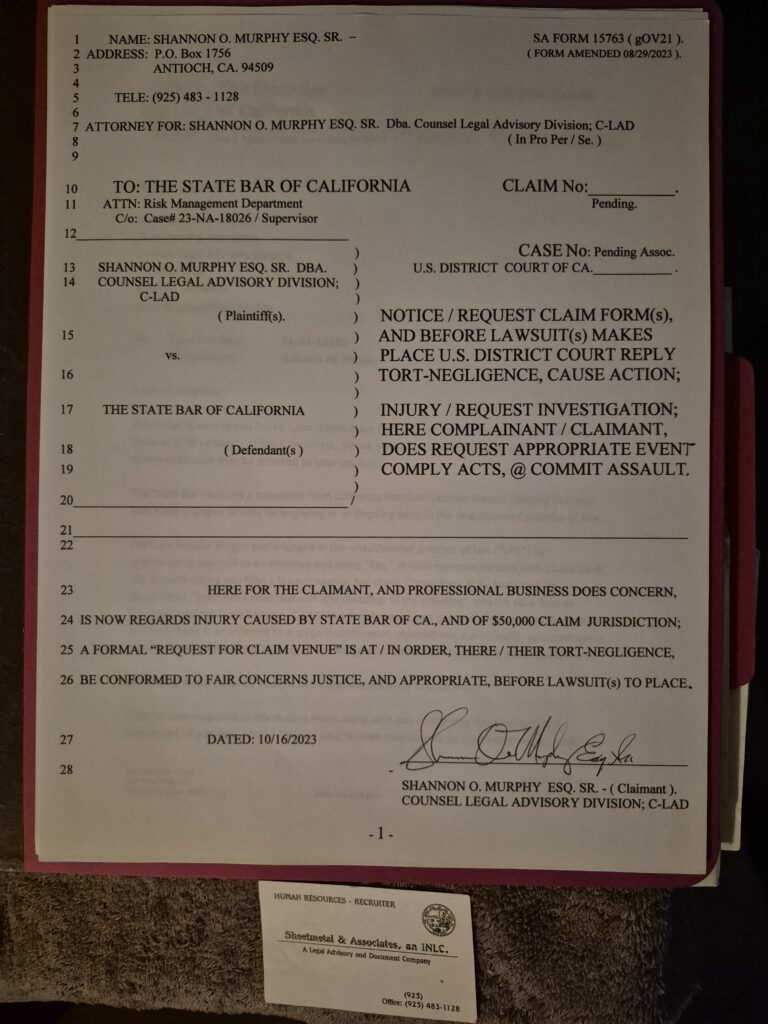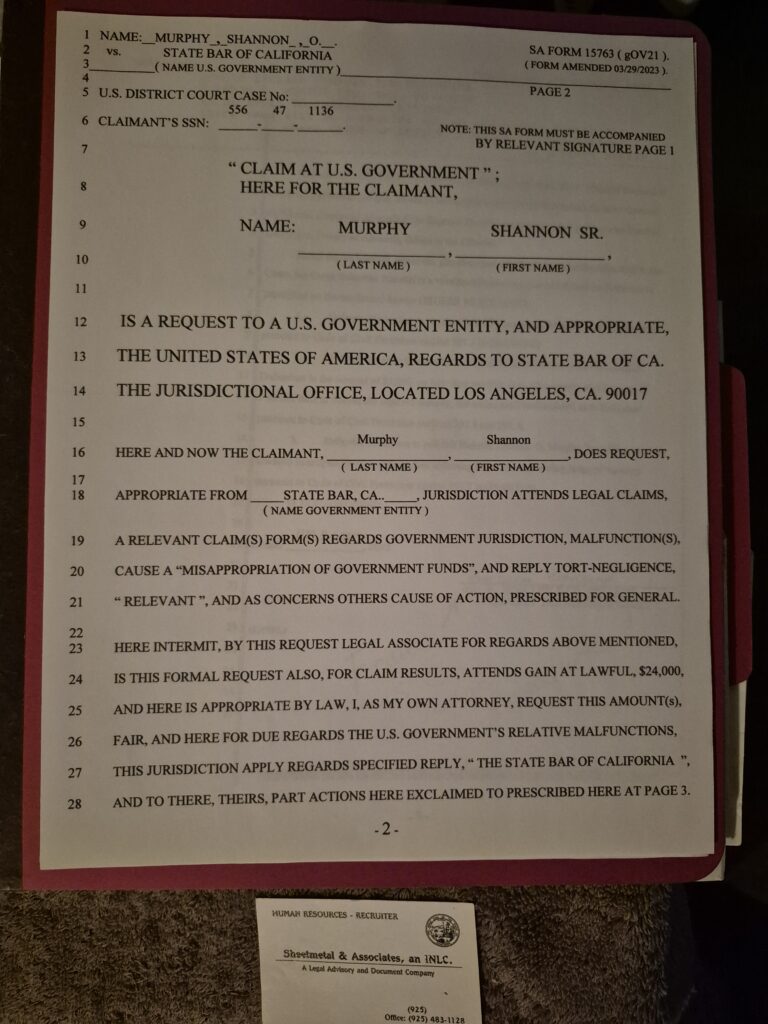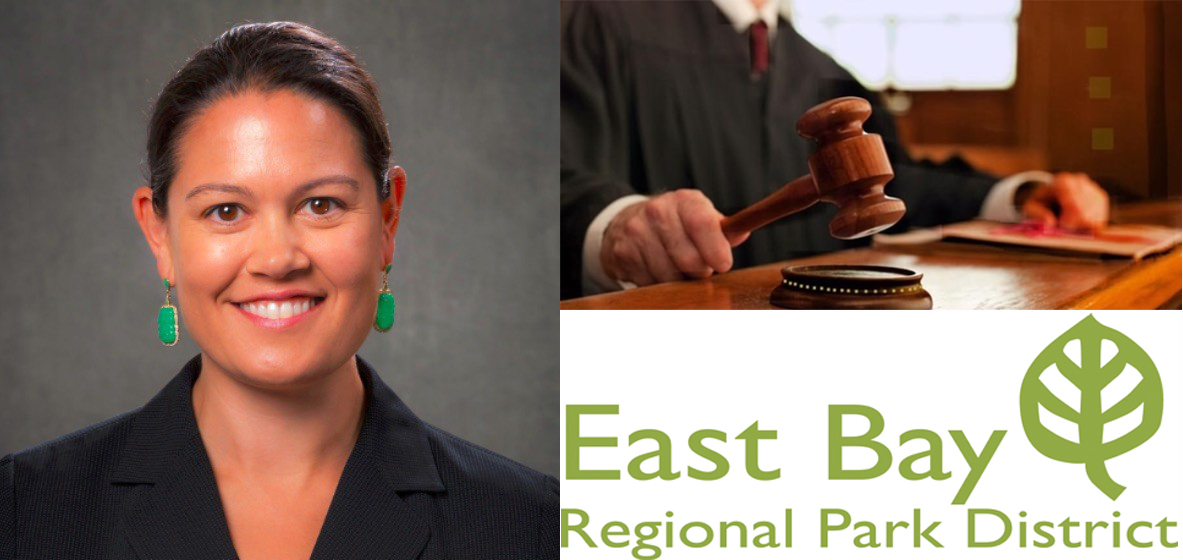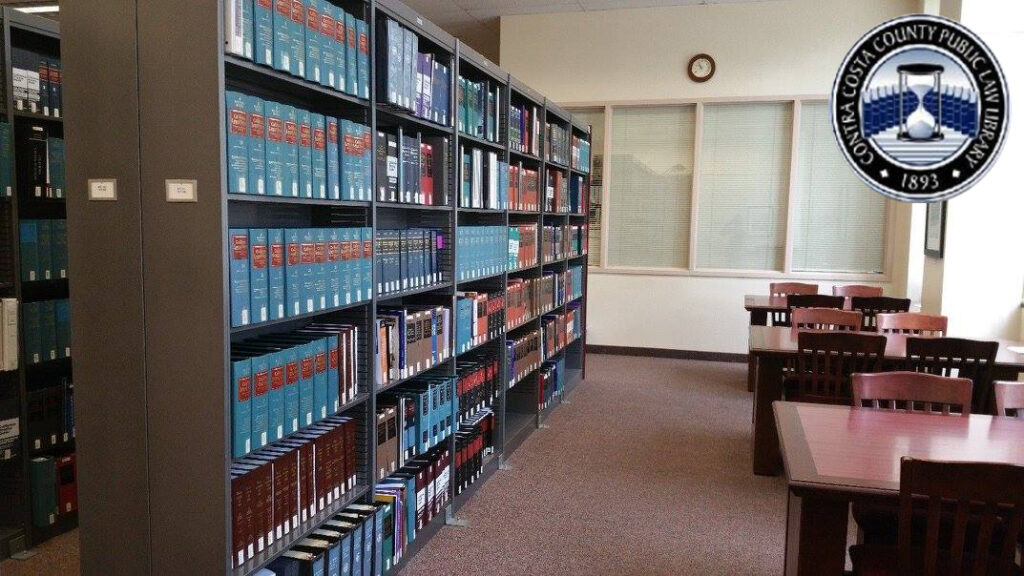To expand access to justice countywide
By Brian Nash, PIO, Contra Costa Public Defender’s Office
MARTINEZ, CA — Stand Together Contra Costa (STCC), a program of the Contra Costa Public Defender’s Office (CCPD), will unveil a new Mobile Legal Clinic at a press conference at 1026 Escobar in Martinez, California on Thursday, January 29 at 11:00 am. This marks a major step forward in bringing trusted legal advice directly to communities across Contra Costa County.
The Mobile Legal Clinic is designed to remove barriers that often prevent people from accessing legal help — including transportation challenges, work schedules, childcare responsibilities, language access, and fear of state violence by federal immigration agents. Staffed by CCPD attorneys and support staff, the clinic will provide free legal guidance on immigration legal issues, navigating the legal system, and culturally responsive assistance. It will also provide navigation to other holistic services such as public benefits, housing support, clean slate, and more — helping residents address concerns early, before problems escalate into crises.
“This mobile legal clinic reflects a simple but powerful idea: justice works best when it’s accessible,” said Ali Saidi, a Deputy Public Defender in the CCPD and the Director of Stand Together Contra Costa. “By showing up directly in neighborhoods across the county, we’re removing barriers, building trust, and making sure people know they’re not alone when legal issues arise.”
The office is planning upcoming mobile legal clinic deployments throughout all five Contra Costa County supervisorial districts beginning in early February, with dates, times, and locations to be announced soon through Contra Costa Public Defender and Stand Together Contra Costa channels.
A Countywide Effort
“Our commitment to serving community members in Contra Costa County goes beyond our vigorous advocacy inside of the courtroom,” added CCPD Public Defender Ellen McDonnell. “Access to justice means making sure every community member — no matter their income, background, or neighborhood — understands their legal rights and is able to find help when and where they need it.”
The Mobile Legal Clinic was made possible through collaboration across county departments and community partners, reflecting a shared commitment to expanding access to justice.
“This initiative demonstrates what’s possible when county leaders and departments work together with the community,” Saidi continued. “We’re grateful to the Contra Costa County Board of Supervisors and community partners for making this possible and want to particularly thank Supervisor Ken Carlson — whose support and leadership helped turn this idea into a critical service that will have real impact for families across the county.”
